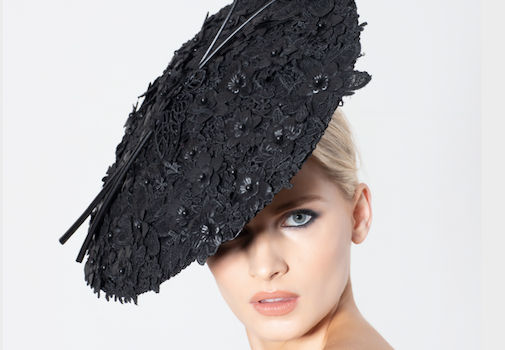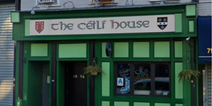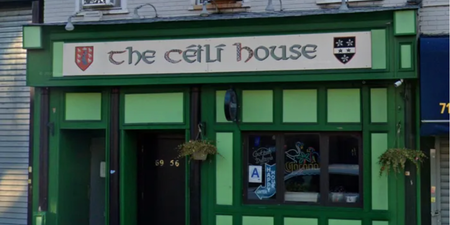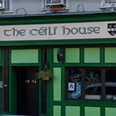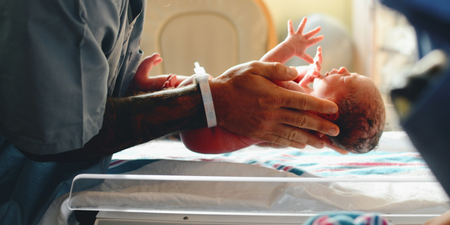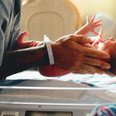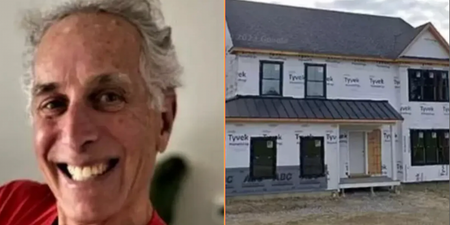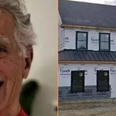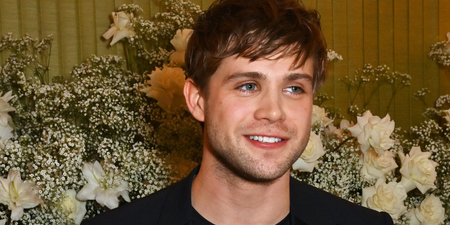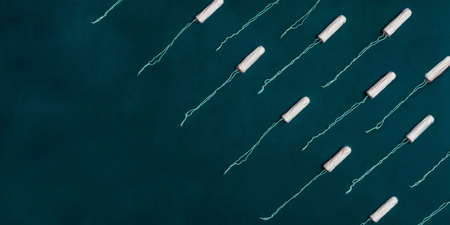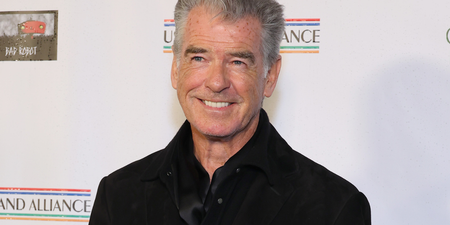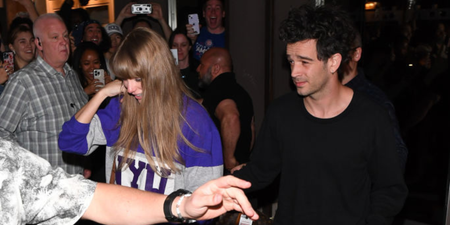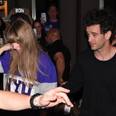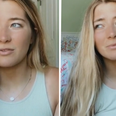It’s said that Irish people are “great at funerals”, but death is something we tend to shy away from talking about before it happens. In a new series, Her meets the people who want to start a wider conversation about death and loss. Below, milliner Deb Fanning and photographer Emma Synnott write about how losing their fathers brought them together and inspired their new creative collaboration…

“Death doesn’t need to be dark and difficult to discuss. Unfortunately society has led us to believe in some way that death should be unmentionable.”
Death is inevitable. It’s the one thing we can all be sure about in life. So why are we afraid to talk about the one thing everyone has in common?
If we were more open about speaking about it, it may not be this big dark scary thing that we all believe it to be. Instead, we could celebrate the love and joy that our loved ones brought to our lives, and be happy that we had them for whatever time we were able to.
For in the case of both of us, our dads were the first people really close to us who died.
Emma’s dad was sick for a short nine weeks. He died of a Glioblastoma brain tumour on September 30th, 2017. The healthiest man you’d ever have met, he ate well, exercised regularly, rarely drank and never smoked. Emma remembers the consultants in Beaumont Hospital being shocked that a man so healthy had walked into them with such an advanced, grade four brain tumour.
He lasted those nine weeks thanks to the care and support from the staff in Beaumont Hospital and Blanchardstown Hospice. Emma’s family dealt with it in the most dignified way they could, wanting him to be as comfortable and as well looked after as possible in his final days.
He wasn’t a fan of talking about anything other than happy things, so it was incredibly testing to know how to approach the inevitability of what was to come. When you’re met with something like this specific brain tumour – where a person’s personality changes so rapidly, and they lose the ability to do simple things themselves – it’s quite a traumatic shock to the system. He knew this, and it broke his heart knowing his family had to see him in that way.
Debbie’s dad was sick on and off for many years. He died of heart failure on February 5th, 2018. He didn’t want to talk about his illness – he would tell everyone that he was okay – when really he wasn’t okay.
Debbie remembers going up to his bedroom and sitting with him the night before he passed away. He could barely breath and he said he “just felt very depressed”. Who could blame him? He was 75 years of age and he had been brought up to believe that death was a scary dark thing, and that it wasn’t okay to show your emotions or talk about your feelings when you were dying. Wouldn’t you give up too if you believed that?
You will never be the same again when you lose a parent, especially a parent you’re extremely close to like we were to our dads. It’s like a piece of you is gone… Because a piece of you is gone.
People think that in time you will manage to “get over it”. Unfortunately, you never do get over it – but you do learn to live with it.
We first met about seven years ago through a mutual friend. We had lost touch for a year or two in between, but then a few months after we both lost our dads we randomly met in our local hairdressers and got talking. We made an effort to meet up regularly from then on, and chat about our dads and the unique grief we were both experiencing.
It was like our dads had arranged for us to reconnect! We became a great support system for each other, as we felt we could talk about certain aspects of grief that we could both understand. We both felt that death really wasn’t as bad when you have someone to truly discuss it in great detail with.

We wanted to do something really nice to honour our dads and help channel our grief in a creative way.
Debbie’s dad was a great supporter of her millinery skills – he would tell all the nurses in the hospital about her hats and great talent.
Emma’s dad was the reason for her love of photography and was always encouraging her to follow her passion. He would always have a camera in his hand when she was growing up, and has a photo album from almost every year since the early 1970s in their family attic.
Feeling inspired, we decided to combine our creative talents and came up with the idea of our ‘Til Death Do Us Part’ exhibition. Debbie created 12 hats and headpieces, and Emma has photographed them. We will be displaying all the hats and headpieces along with the large prints of the pieces on November 1, in the upstairs of Crow Street restaurant in Dublin’s Temple Bar.
The night is dedicated to Pat Fanning and Peter Synnott, and donations on the night go to The Irish Heart Foundation and Brain Tumour Ireland.
What we really want from this is to encourage a healthy discussion around death.
